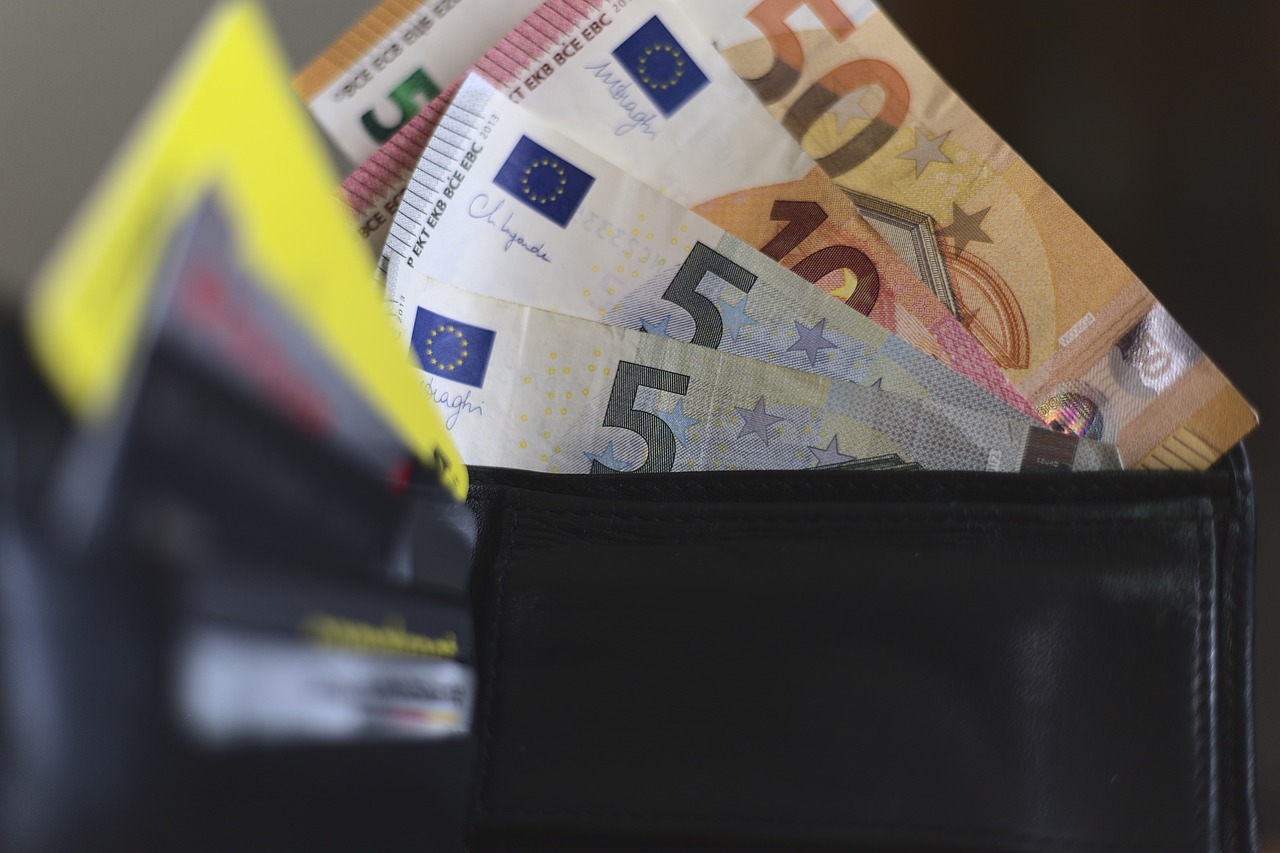Unlock the Secrets of Sending Money to Africa: Documentation, Exchange Rates, Cryptocurrency, and Choosing the Best Service
GPT_Global - 2025-06-29 19:30:05.0 138
What documentation is required to send money to Africa?
Sending money to Africa requires certain documentation to ensure a smooth and secure transfer process. Whether you're making a personal remittance or conducting business transactions, it's essential to have the right documents on hand. The most commonly required documentation includes a valid government-issued ID, such as a passport or national ID card, to verify your identity. Additionally, proof of address, like a utility bill or bank statement, may also be necessary. If you're sending money for business purposes, additional documents such as company registration papers and tax identification numbers might be required. It's important to check with the specific money transfer service you are using, as requirements can vary depending on the destination country in Africa and the regulations governing remittance services. Always ensure that your documents are up to date and valid to avoid delays in processing your transfer. By being prepared with the correct documentation, you can ensure that your funds reach their intended recipient safely and efficiently.
How do exchange rate fluctuations affect money transfers to Africa?
Exchange rate fluctuations can significantly impact money transfers to Africa, affecting both the sender and the recipient. When the exchange rate fluctuates, the value of the currency being sent can either increase or decrease, thus affecting the amount received in the local African currency. This can make it difficult for individuals relying on remittances to plan their finances, as the amount they receive may vary with each transfer.
For businesses engaged in remittance services, staying informed about current exchange rates and offering competitive rates is crucial. Utilizing hedging strategies and other financial tools can help stabilize the rates offered to customers, ensuring more predictable remittance amounts. Additionally, transparent communication about the potential impact of exchange rate fluctuations helps build trust with customers, who can then make informed decisions about when to send money.
Overall, by understanding and adapting to exchange rate fluctuations, remittance businesses can provide better services to their customers, helping to ensure that money transfers to Africa are as efficient and reliable as possible.
Can I send money to Africa using cryptocurrency?
Sending money to Africa through cryptocurrency is becoming an increasingly popular option for those looking to facilitate international remittances. Cryptocurrencies such as Bitcoin, Ethereum, and Ripple offer a fast, secure, and low-cost way to transfer funds across borders without the need for traditional banking systems. By using cryptocurrency, senders can avoid high fees typically associated with conventional money transfer services. Additionally, transactions can be completed within minutes, providing a much quicker alternative compared to traditional methods which can take several days. This speed can be crucial in emergency situations where funds are needed urgently. However, it's important to note that the recipient will need access to a digital wallet and a basic understanding of how to convert the cryptocurrency into local currency. Furthermore, the volatility of cryptocurrency values can also pose a risk, so it's essential to monitor exchange rates closely. Despite these considerations, using cryptocurrency for remittances to Africa holds great potential for simplifying and streamlining cross-border payments.What impact do local regulations in African countries have on receiving money transfers?
Local regulations in African countries play a significant role in the remittance business, impacting how money transfers are received. These regulations vary from country to country and can influence the efficiency and cost of sending remittances. In many African nations, stringent regulatory frameworks are implemented to prevent money laundering and financing of terrorism. As a result, remittance service providers must adhere to strict compliance requirements, including customer identification and transaction monitoring. This can lead to delays and additional costs for both sender and receiver. Moreover, some countries have caps on the amount of money that can be received, which can be limiting for households relying on remittances for their livelihood. Currency control regulations can also affect the exchange rates applied to remittances, potentially reducing the value of the money received. To navigate these challenges, it is crucial for individuals and businesses engaged in remittance transactions to stay informed about the local regulations in the respective African country. Understanding these rules can help optimize the process, ensuring that funds are transferred swiftly, securely, and cost-effectively.Is it possible to send money anonymously to someone in Africa?
Sending money anonymously to someone in Africa is possible, albeit with some limitations. Many remittance services and platforms offer the option to send money without revealing your identity to the recipient. However, regulations in some African countries may require the sender to provide identification to comply with anti-money laundering laws. When choosing a remittance service for anonymous transactions, it's essential to consider the security and reliability of the platform. Opt for services that use encryption and secure channels to protect your financial information. Additionally, be aware of the fees associated with the transfer, as they can vary widely between different services. Ultimately, while it is feasible to send money anonymously to someone in Africa, it is crucial to ensure that you use a trusted and compliant service to avoid potential legal issues and ensure that the funds reach the intended recipient safely. Conduct thorough research and consider all aspects before proceeding with an anonymous money transfer.Are there any special promotions or discounts for first-time users of money transfer services to Africa?
If you're a first-time user of money transfer services to Africa, you may be in luck! Many remittance companies offer special promotions and discounts to attract new customers. These offers can include reduced fees, better exchange rates, or even bonus cashback rewards. It's a great way to save money while supporting loved ones abroad.
Before choosing a service, it's essential to compare different providers and their promotions. Look for reputable companies that have secure and reliable platforms. Additionally, read online reviews and check customer feedback to ensure you're getting the best deal possible.
Some popular money transfer services known for providing incentives to first-time users include WorldRemit, TransferWise, and MoneyGram. These companies often have time-limited promotions, so keep an eye on their websites or sign up for their newsletters to stay updated on the latest offers.
Ultimately, taking advantage of these first-time user promotions can significantly enhance your remittance experience, ensuring that more of your hard-earned money makes it to its intended destination in Africa. So, don't hesitate to explore your options and make the most out of your first transaction!
How do I choose the best service for transferring money to Africa based on speed and cost?
When it comes to transferring money to Africa, it is important to select a service that offers the best combination of speed and cost. To ensure that you make the right choice, there are several factors to consider. First, compare the fees charged by different remittance services, as these can vary widely. Some may offer lower fees for larger amounts of money, while others might have a flat rate.
Next, consider the speed of the transaction. While some services provide instant or same-day transfers, others may take several days. It’s important to choose a service that meets your urgency needs. Additionally, check the exchange rates offered by the service. A favorable exchange rate can result in more money being received on the other end.
Customer support is another critical factor. Reliable customer service ensures that any issues with the transfer can be resolved quickly. Also, review the security measures in place to protect your financial information during the transfer process. Before finalizing your choice, read reviews and testimonials from other customers to gauge their satisfaction with the service.
In summary, when choosing a money transfer service for sending money to Africa, consider the fees, speed of transfer, exchange rates, customer support, and security measures. With careful consideration of these factors, you can find a service that offers both cost efficiency and swiftness, making your remittance experience smooth and hassle-free.
About Panda Remit
Panda Remit is committed to providing global users with more convenient, safe, reliable, and affordable online cross-border remittance services。
International remittance services from more than 30 countries/regions around the world are now available: including Japan, Hong Kong, Europe, the United States, Australia, and other markets, and are recognized and trusted by millions of users around the world.
Visit Panda Remit Official Website or Download PandaRemit App, to learn more about remittance info.

